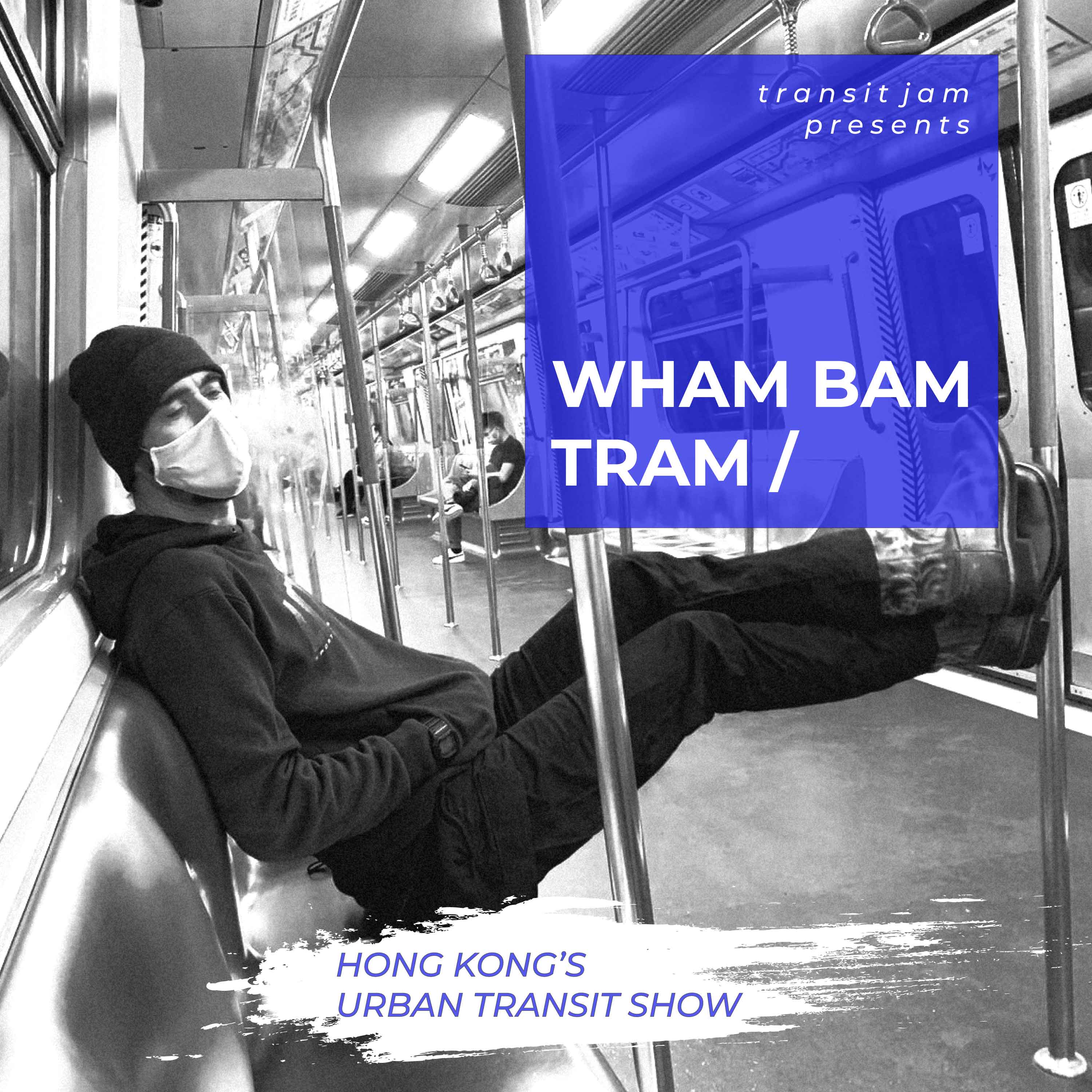
Transport Department held a two-day trial in Tseung Kwan O last year, allowing e-mobility devices to be legally used for the first time in public
Details are emerging of confidential discussions between the Hong Kong Automobile Association (HKAA) and Transport Department (TD) regarding a new “Code of Practice” for e-scooters and e-bikes ahead of a proposed six-month trial around the Science Park.
According to documents seen by Transit Jam, the Transport Department has formed a “cross-sector working group” including the car lobby group and five other statutory and industry bodies, to discuss rules and guidelines prior to a new round of trials for 2022 on a 2.4km route from University Station to the Pak Shek Kok Promenade.
The Hong Kong Portable Electric Vehicle Association (HKPEVA) has said “confidential” talks had been established with the government to run the extended trial, with the aim of “finalising the code of operation of portable electric vehicles and the legal framework in the middle of next year”.
“I can only talk about the establishment of a cross-sector working group, with a large-scale long-term event early 2022,” said HKPEVA, sharing the list of organisations involved in the consultation process.
An Assistant Director from TD will take part in the working group, says HKPEVA.
TD has not answered questions on why a car lobby group, which has only around 1,400 members in Hong Kong and earns around 20% of its service income from insurance commissions, was offered a priority seat at the e-mobility table.
In the UK, the affiliated Automobile Association (AA) has supported legislating e-scooters for use on roads where cycling is allowed and capping speeds at 15 mph, while it has not spoken publicly on e-bikes. Ireland’s AA has pushed for mandatory insurance and licensing for e-scooter users.
In response to questions about the working group, which until today the government has not publicised or discussed publicly, even when asked directly about e-mobility, TD said it was “exploring the possibility of carrying out another pilot trial in collaboration with Hong Kong Science and Technology Parks on the use of motorised personal mobility devices (e.g. electric scooters, electric unicycles) and power-assisted pedal cycles, to gather more information on using these devices for short-distance commuting on cycle track. Preliminary discussion is being carried out.”
Other organisations forming the cross-sector working group include the Hong Kong Road Safety Association and the Hong Kong Council on Social Service.
But while the Hong Kong Cycling Association (HKCA) has joined the talks, advocates of using bikes as transport say cycling as a whole is under-represented.
“The HKCA is a statutory governing body focused on bicycle sports,” says Martin Turner, chairman of the Hong Kong Cycling Alliance (HKCAll), which promotes cycling as mobility. HKCAll was not invited, Turner says, although the organisation is open to taking part.
Turner likened TD’s approach to its 2018 introduction of the Code of Practice for Automated Dockless Bicycle Rental Services, which he says “failed to embrace the new mode in any way, excluded the shared bikes from the urban areas, and imposed onerous demands that maintained Transport Department’s straitjacket view of cycling”.

Riders were allowed to ride on cycle paths, after paying an $820 fee and meeting an extensive list of requirements
According to HKPEVA, discussions for the extended trials are already quite advanced, with “tentative arrangements” proposed for the machines which can take part. E-bikes would be limited to below 20 kg with electric assist up to 25 kph and limited in length to 1.8 metres. E-scooters and monowheels would also be limited to 25 kph under the trial proposals.
The rules would prohibit e-cargo bikes from taking part in the trials.
For the weekend trials held earlier this year, participants needed a driving licence, a helmet, third-party insurance, an approved device and an $820 fee to take part. Participants were only allowed to use cycle tracks and a designated route for the two trials in Tseung Kwan O and Science Park.
TD says it is still evaluating data from those trials, held almost 10 months ago. Transit Jam asked about the trial report progress in September 2021 and was told the consultant involved still “needed more time to evaluate the results”.
Meanwhile police have been taking aggressive action against e-mobility users, with at least 52 arrests of those using e-scooters, monowheels, e-trikes and e-bikes in the last four months. For some taking part in the trials in January 2021, the scheme was the first time they had dared ride in daylight.






3 replies »